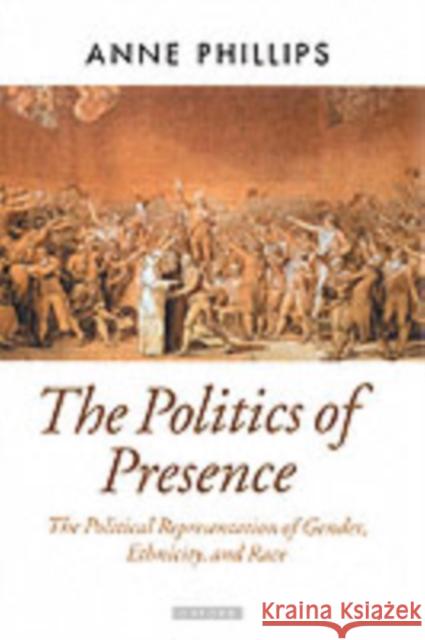The Politics of Presence » książka
The Politics of Presence
ISBN-13: 9780198294153 / Angielski / Miękka / 1998 / 224 str.
One of the most hotly-contested debates in contemporary democracy revolves around issues of political presence, and whether the fair representation of disadvantaged groups requires their presence in elected assemblies. Representation as currently understood derives its legitimacy from a politics of ideas, which considers accountability in relation to declared policies and programs, and makes it a matter of relative indifference who articulates political preferences or beliefs. What happens to the meaning of representation and accountability when we make the gender or ethnic composition of elected assemblies an additional area of concern? In this innovative contribution to the theory of representation--which draws upon debates about gender quotas in Europe, minority voting rights in the USA, and the multi-layered politics of inclusion in Canada--the author argues that the politics of ideas is an inadequate vehicle for dealing with political exclusion. But eschewing any essentialist grounding to group identity or group interest, she also argues against either/or choice between ideas and political presence. The work then combines with contemporary explorations of deliberative democracy to establish a different balance between accountability and autonomy.











